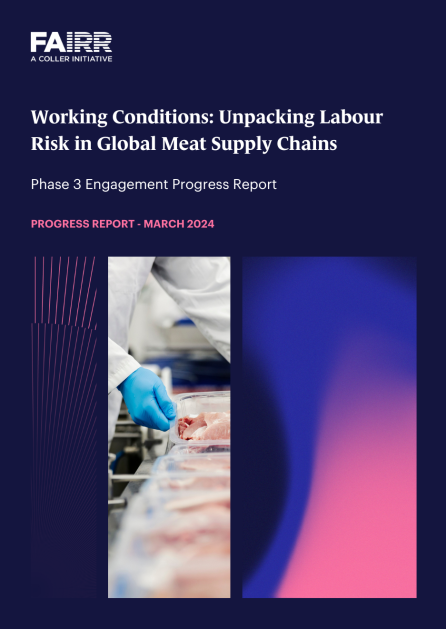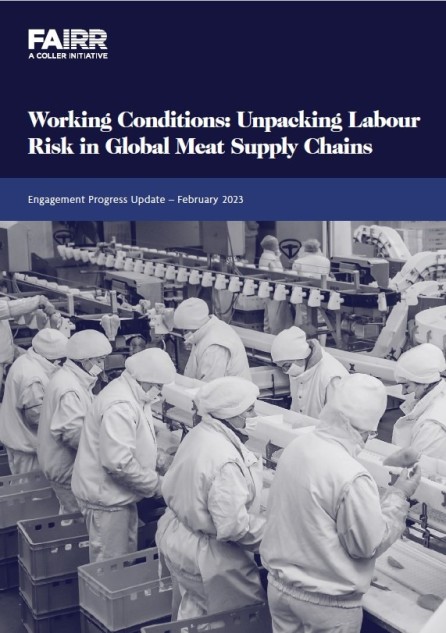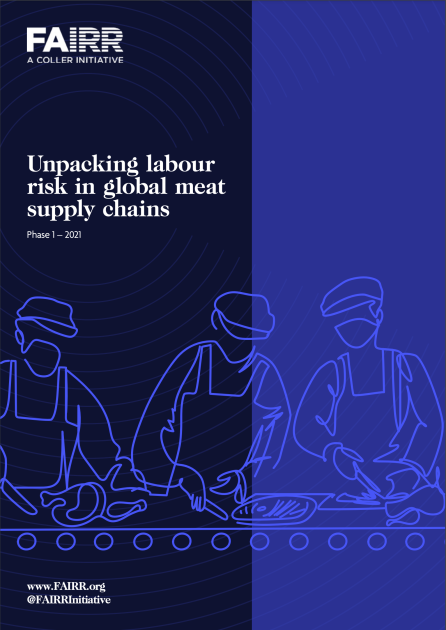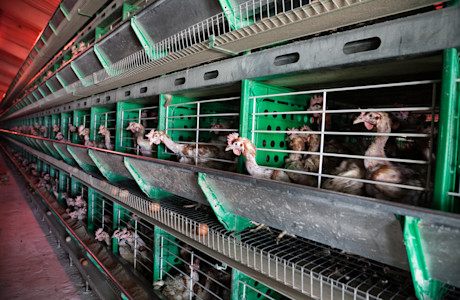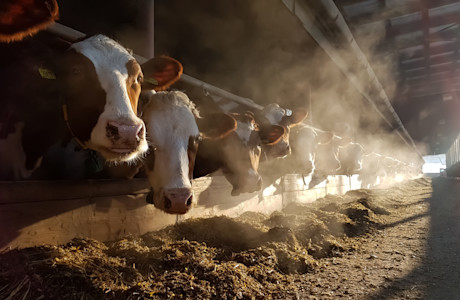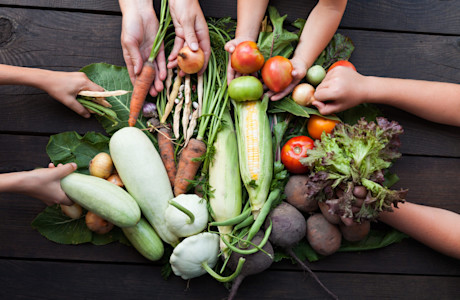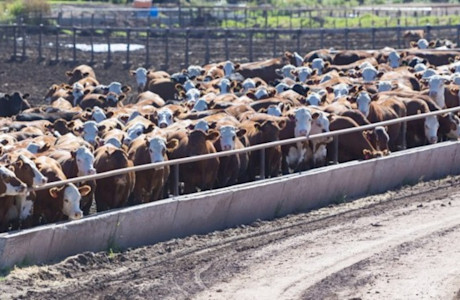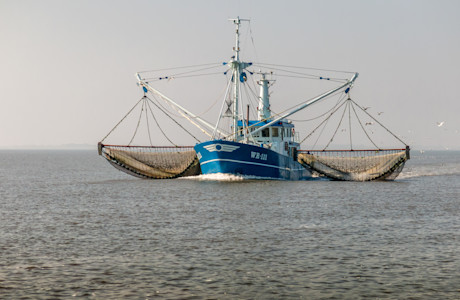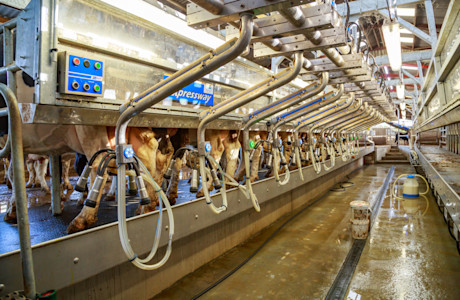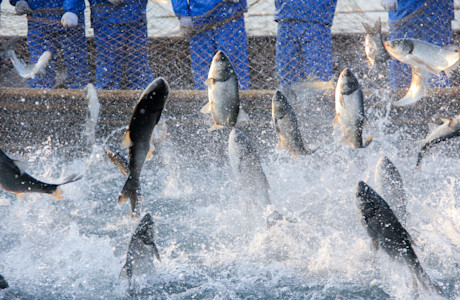
Social Risk
Social Risk Overview
The food and agriculture sector is key to the livelihoods of billions of people, providing employment, industry, and sustenance across the globe. However, the interdependence of the industry and its social stakeholders makes social risk intrinsic to our global food system. To manage this risk and mitigate potential negative social outcomes associated with the necessary transformation of the food system, FAIRR ’s work across the value chain seeks to address structural challenges to strengthen industry standards and practices.
FAIRR’s work on social risk started in 2020 in response to the disproportionate impact of the COVID-19 pandemic on meat processing workers across geographies. These events exposed the poor labour management practices in the industry that exacerbate social risk for companies and investors and are still present in the post-pandemic world. FAIRR has been facilitating a collaborative investor engagement for three consecutive years to empower workers to report risk across corporate structures, with strong engagement from six global meatpacking companies. See the Working Conditions Engagement for more information and details on how to get involved.

Other core social risk issues that FAIRR is working to address
Human rights in the supply chain: Supply chain oversight is lacking in the food and agriculture industry, which sees serious human rights issues including child labour, forced labour, and debt bondage.
Just transition: The necessary increasing focus across the food value chain on climate mitigation also brings an element of social risk. Just transition principles demand that workers and communities are central and active participants in climate transition planning to ensure they do not bear the burden of the shift through job losses, stranded communities, financial expense, and other impacts. Transitions should ensure that affected workers and communities benefit from green job creation and providing more resilient industries.
Consumer dietary transitions: For consumers, dietary transitions will be felt unequally across geographies, income groups, and demographics. Access to nutrition, cultural significance, and price will play a key role in how consumers are able to access various proteins. To ensure protein diversification is equitable, the benefits of diversification should be distributed fairly, with companies producing plant-based and alternative proteins that are easily accessible and affordable, while catering to consumers with different cultural and nutritional needs.

Latest Activity
New Report: Working Conditions Engagement Progress Update 2023/24
FAIRR’s third progress update on the Working Conditions engagement provides in-depth analysis on the performance of six global meat producers across a range of material labour risk factors and explores key industry trends. The engagement focuses on raising worker voice in corporate structures through three key themes: health and safety, fair working conditions, and worker representation.
Working Conditions Engagement
This engagement addresses the fundamental and structural human capital risks in the animal farming industry, which have contributed to the disastrous response to the pandemic. We encourage seven of the largest global protein producers to implement long-term changes while empowering workers to support risk mitigation in three key areas: Health and Safety, Fair Working Conditions and Worker Representation.
Report Launch: Working Conditions Progress Report Phase 2
Our new Working Conditions report is now available, covering the structural labour risks in the meatpacking industry.



